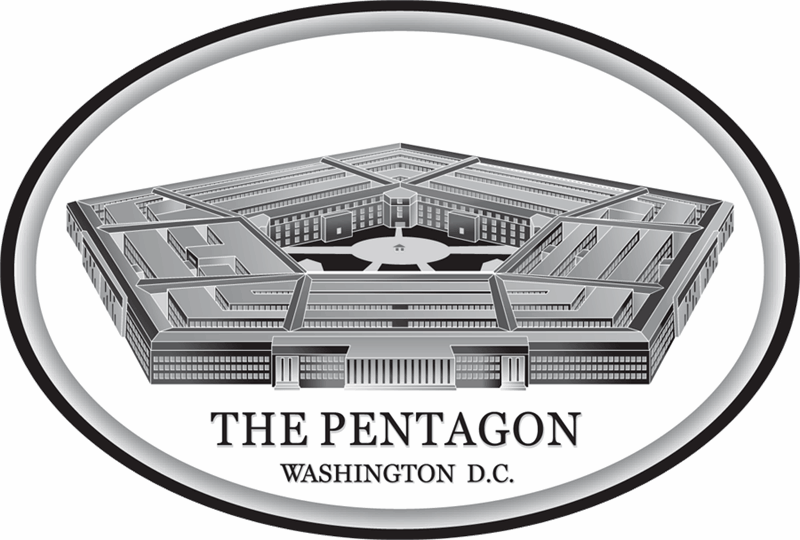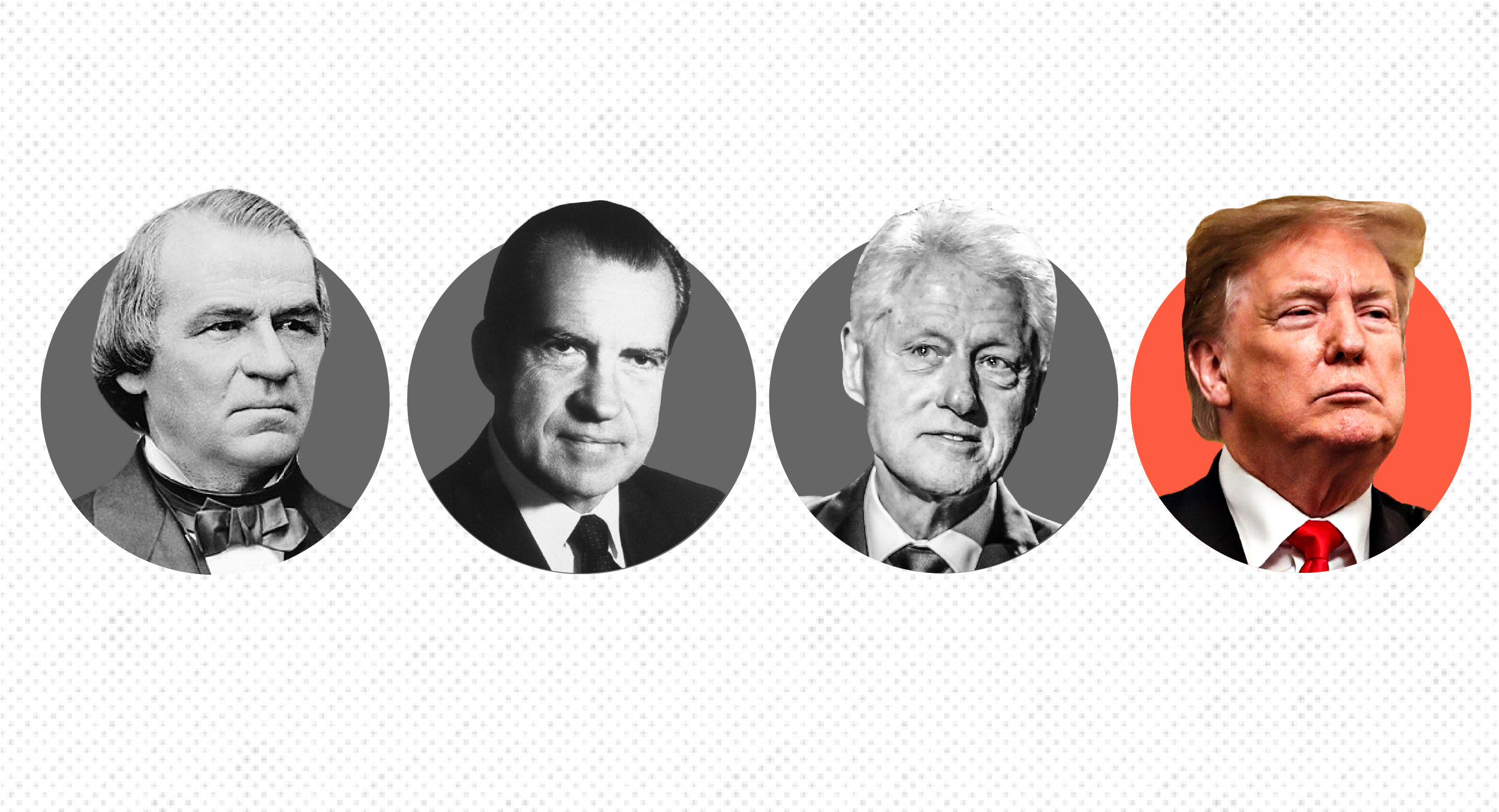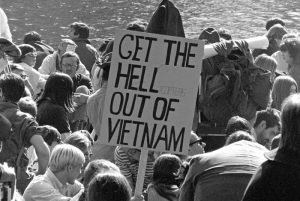
Views: 2396
Prisoners earning 23 cents an hour in U.S. federal prisons are manufacturing high-tech electronic components for Patriot Advanced Capability 3 missiles, launchers for TOW (Tube-launched, Optically tracked, Wire-guided) anti-tank missiles, and other guided missile systems. A March article by journalist and financial researcher Justin Rohrlich of World in Review is worth a closer look at the full implications of this ominous development. (minyanville.com)
The expanding use of prison industries, which pay slave wages, as a way to increase profits for giant military corporations, is a frontal attack on the rights of all workers.
 Prison labor — with no union protection, overtime pay, vacation days, pensions, benefits, health and safety protection, or Social Security withholding — also makes complex components for McDonnell Douglas/Boeing’s F-15 fighter aircraft, the General Dynamics/Lockheed Martin F-16, and Bell/Textron’s Cobra helicopter. Prison labor produces night-vision goggles, body armor, camouflage uniforms, radio and communication devices, and lighting systems and components for 30-mm to 300-mm battleship anti-aircraft guns, along with land mine sweepers and electro-optical equipment for the BAE Systems Bradley Fighting Vehicle’s laser rangefinder. Prisoners recycle toxic electronic equipment and overhaul military vehicles.
Prison labor — with no union protection, overtime pay, vacation days, pensions, benefits, health and safety protection, or Social Security withholding — also makes complex components for McDonnell Douglas/Boeing’s F-15 fighter aircraft, the General Dynamics/Lockheed Martin F-16, and Bell/Textron’s Cobra helicopter. Prison labor produces night-vision goggles, body armor, camouflage uniforms, radio and communication devices, and lighting systems and components for 30-mm to 300-mm battleship anti-aircraft guns, along with land mine sweepers and electro-optical equipment for the BAE Systems Bradley Fighting Vehicle’s laser rangefinder. Prisoners recycle toxic electronic equipment and overhaul military vehicles.
Labor in federal prisons is contracted out by UNICOR, previously known as Federal Prison Industries, a quasi-public, for-profit corporation run by the Bureau of Prisons. In 14 prison factories, more than 3,000 prisoners manufacture electronic equipment for land, sea and airborne communication. UNICOR is now the U.S. government’s 39th largest contractor, with 110 factories at 79 federal penitentiaries.
The majority of UNICOR’s products and services are on contract to orders from the Department of Defense. Giant multinational corporations purchase parts assembled at some of the lowest labor rates in the world, then resell the finished weapons components at the highest rates of profit. For example, Lockheed Martin and Raytheon Corporation subcontract components, then assemble and sell advanced weapons systems to the Pentagon.
Increased profits, unhealthy workplaces
However, the Pentagon is not the only buyer. U.S. corporations are the world’s largest arms dealers, while weapons and aircraft are the largest U.S. export. The U.S. State Department, Department of Defense and diplomats pressure NATO members and dependent countries around the world into multibillion-dollar weapons purchases that generate further corporate profits, often leaving many countries mired in enormous debt.
But the fact that the capitalist state has found yet another way to drastically undercut union workers’ wages and ensure still higher profits to military corporations — whose weapons wreak such havoc around the world — is an ominous development.
According to CNN Money, the U.S. highly skilled and well-paid “aerospace workforce has shrunk by 40 percent in the past 20 years. Like many other industries, the defense sector has been quietly outsourcing production (and jobs) to cheaper labor markets overseas.” (Feb. 24) It seems that with prison labor, these jobs are also being outsourced domestically.
Meanwhile, dividends and options to a handful of top stockholders and CEO compensation packages at top military corporations exceed the total payment of wages to the more than 23,000 imprisoned workers who produce UNICOR parts.
The prison work is often dangerous, toxic and unprotected. At FCC Victorville, a federal prison located at an old U.S. airbase, prisoners clean, overhaul and reassemble tanks and military vehicles returned from combat and coated in toxic spent ammunition, depleted uranium dust and chemicals.
A federal lawsuit by prisoners, food service workers and family members at FCI Marianna, a minimum security women’s prison in Florida, cited that toxic dust containing lead, cadmium, mercury and arsenic poisoned those who worked at UNICOR’s computer and electronic recycling factory.
Prisoners there worked covered in dust, without safety equipment, protective gear, air filtration or masks. The suit explained that the toxic dust caused severe damage to nervous and reproductive systems, lung damage, bone disease, kidney failure, blood clots, cancers, anxiety, headaches, fatigue, memory lapses, skin lesions, and circulatory and respiratory problems. This is one of eight federal prison recycling facilities — employing 1,200 prisoners — run by UNICOR.
After years of complaints the Justice Department’s Office of the Inspector General and the Federal Occupational Health Service concurred in October 2008 that UNICOR has jeopardized the lives and safety of untold numbers of prisoners and staff. (Prison Legal News, Feb. 17, 2009)
Racism & U.S. prisons
The U.S. imprisons more people per capita than any country in the world. With less than 5 percent of the world population, the U.S. imprisons more than 25 percent of all people imprisoned in the world.
There are more than 2.3 million prisoners in federal, state and local prisons in the U.S. Twice as many people are under probation and parole. Many tens of thousands of other prisoners include undocumented immigrants facing deportation, prisoners awaiting sentencing and youthful offenders in categories considered reform or detention.
The racism that pervades every aspect of life in capitalist society — from jobs, income and housing to education and opportunity — is most brutally reflected by who is caught up in the U.S. prison system.
More than 60 percent of U.S. prisoners are people of color. Seventy percent of those being sentenced under the three strikes law in California — which requires mandatory sentences of 25 years to life after three felony convictions — are people of color. Nationally, 39 percent of African-American men in their 20s are in prison, on probation or on parole. The U.S. imprisons more people than South Africa did under apartheid. (Linn Washington, “Incarceration Nation”)
The U.S. prison population is not only the largest in the world — it is relentlessly growing. The U.S. prison population is more than five times what it was 30 years ago.
In 1980, when Ronald Reagan became president, there were 400,000 prisoners in the U.S. Today the number exceeds 2.3 million. In California the prison population soared from 23,264 in 1980 to 170,000 in 2010. The Pennsylvania prison population climbed from 8,243 to 51,487 in those same years. There are now more African-American men in prison, on probation or on parole than were enslaved in 1850, before the Civil War began, according to Law Professor Michelle Alexander in the book “The New Jim Crow: Mass Incarceration in the Age of Colorblindness.”
Today a staggering 1-in-100 adults in the U.S. are living behind bars. But this crime, which breaks families and destroys lives, is not evenly distributed. In major urban areas one-half of Black men have criminal records. This means life-long, legalized discrimination in student loans, financial assistance, access to public housing, mortgages, the right to vote and, of course, the possibility of being hired for a job.
State Prisons contracting slave labor
It is not only federal prisons that contract out prison labor to top corporations. State prisons that used forced prison labor in plantations, laundries and highway chain gangs increasingly seek to sell prison labor to corporations trolling the globe in search of the cheapest possible labor.
One agency asks: “Are you experiencing high employee turnover? Worried about the costs of employee benefits? Unhappy with out-of-state or offshore suppliers? Getting hit by overseas competition? Having trouble motivating your workforce? Thinking about expansion space? Then Washington State Department of Corrections Private Sector Partnerships is for you.” (educate-yourself.org, July 25, 2005)
Major corporations profiting from the slave labor of prisoners include Motorola, Compaq, Honeywell, Microsoft, Boeing, Revlon, Chevron, TWA, Victoria’s Secret and Eddie Bauer.
IBM, Texas Instruments and Dell get circuit boards made by Texas prisoners. Tennessee inmates sew jeans for Kmart and JCPenney. Tens of thousands of youth flipping hamburgers for minimum wages at McDonald’s wear uniforms sewn by prison workers, who are forced to work for much less.
In California, as in many states, prisoners who refuse to work are moved to disciplinary housing and lose canteen privileges as well as “good time” credit, which slices hard time off their sentences.
Systematic abuse, beatings, prolonged isolation and sensory deprivation, and lack of medical care make U.S. prison conditions among the worst in the world. Ironically, working under grueling conditions for pennies an hour is treated as a “perk” for good behavior.
In December, Georgia inmates went on strike and refused to leave their cells at six prisons for more than a week. In one of the largest prison protests in U.S. history, prisoners spoke of being forced to work seven days a week for no pay. Prisoners were beaten if they refused to work.
Private prisons for profit
In the ruthless search to maximize profits and grab hold of every possible source of income, almost every public agency and social service is being outsourced to private for-profit contractors.
In the U.S. military this means there are now more private contractors and mercenaries in Iraq and Afghanistan than there are U.S. or NATO soldiers.
In cities and states across the U.S., hospitals, medical care facilities, schools, cafeterias, road maintenance, water supply services, sewage departments, sanitation, airports and tens of thousands of social programs that receive public funding are being contracted out to for-profit corporations. Anything publicly owned and paid for by generations of past workers’ taxes — from libraries to concert halls and parks — is being sold or leased at fire sale prices.
All this is motivated and lobbied for by right-wing think tanks like that set up by Koch Industries and their owners, Charles and David Koch, as a way to cut costs, lower wages and pensions, and undercut public service unions.
The most gruesome privatizations are the hundreds of for-profit prisons being established.
The inmate population in private for-profit prisons tripled between 1987 and 2007. By 2007 there were 264 such prison facilities, housing almost 99,000 adult prisoners. (house.leg.state.mn.us, Feb. 24, 2009) Companies operating such facilities include the Corrections Corporation of America, the GEO Group Inc. and Community Education Centers.
Prison bonds provide a lucrative return for capitalist investors such as Merrill-Lynch, Shearson Lehman, American Express and Allstate. Prisoners are traded from one state to another based on the most profitable arrangements.
Militarism and prisons
Hand in hand with the military-industrial complex, U.S. imperialism has created a massive prison-industrial complex that generates billions of dollars annually for businesses and industries profiting from mass incarceration.
For decades workers in the U.S. have been assured that they also benefit from imperialist looting by the giant multinational corporations. But today more than half the federal budget is absorbed by the costs of maintaining the military machine and the corporations who are guaranteed profits for equipping the Pentagon. That is the only budget category in federal spending that is guaranteed to increase by at least 5 percent a year — at a time when every social program is being cut to the bone.
 The sheer economic weight of militarism seeps into the fabric of society at every level. It fuels racism and reaction. The political influence of the Pentagon and the giant military and oil corporations — with their thousands of high-paid lobbyists, media pundits and network of links into every police force in the country — fuels growing repression and an expanding prison population.
The sheer economic weight of militarism seeps into the fabric of society at every level. It fuels racism and reaction. The political influence of the Pentagon and the giant military and oil corporations — with their thousands of high-paid lobbyists, media pundits and network of links into every police force in the country — fuels growing repression and an expanding prison population.
The military, oil and banking conglomerates, interlinked with the police and prisons, have a stranglehold on the U.S. capitalist economy and reins of political power, regardless of who is president or what political party is in office. The very survival of these global corporations is based on immediate maximization of profits. They are driven to seize every resource and source of potential profits.
Thoroughly rational solutions are proposed whenever the human and economic cost of militarism and repression is discussed. The billions spent for war and fantastically destructive weapons systems could provide five to seven times more jobs if spent on desperately needed social services, education and rebuilding essential infrastructure. Or it could provide free university education, considering the fact that it costs far more to imprison people than to educate them.
Why aren’t such reasonable solutions ever chosen? Because military contracts generate far larger guaranteed profits to the military and the oil industries, which have a decisive influence on the U.S. economy.
The prison-industrial complex — including the prison system, prison labor, private prisons, police and repressive apparatus, and their continuing expansion — are a greater source of profit and are reinforced by the climate of racism and reaction. Most rational and socially useful solutions are not considered viable options.
Originally published on 2011-06-23
Author: Sara Flounders
Source: International Action Center & Global Research
Origins of images: Facebook, Twitter, Wikimedia, Wikipedia, Flickr, Google, Imageinjection & Pinterest.
Read our Disclaimer/Legal Statement!
Donate to Support Us
We would like to ask you to consider a small donation to help our team keep working. We accept no advertising and rely only on you, our readers, to keep us digging the truth on history, global politics and international relations.
FOLLOW US ON OUR SOCIAL PLATFORMS









